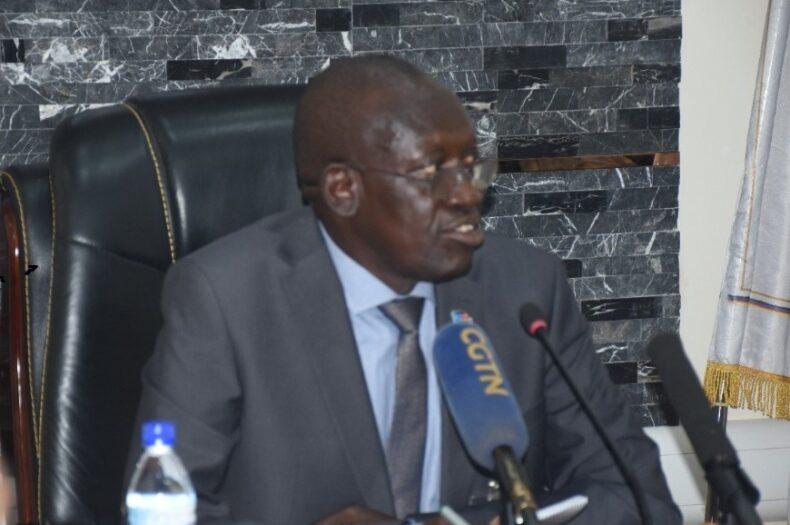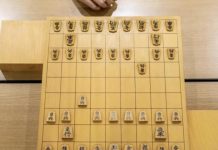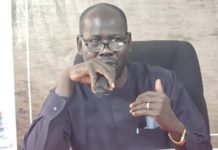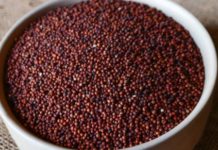Africa-Press – South-Sudan. The Governor of the Central Bank, Moses Makur Deng, has announced new monetary and banking policies to revamp South Sudan’s economy days after taking over office.
President Salva Kiir last week directed the new Central Bank governor to fix the exchange rates between the US dollar and the South Sudanese Pound, which remains largely unstable, to reduce inflation.
Mr Makur said the new policies aim to achieve, among others, a single-digit inflation rate of 8 per cent with a margin of +/- 1 per cent as well as the 1 per cent growth of real gross domestic product (GDP) in 2022.
He also stated that the policies will encourage commercial banks to lend to the private sector at a rate of 40% of their total deposits and to accumulate international reserves equal to about four months of import cover.
“The Bank of South Sudan would like to assure the public that it is prepared to intervene at any moment should there be an apparent market volatility, to stabilise the market and thus curb inflation,” said Makur.
Change initiated
“It also pledges to increase the volume of auction amount if the need arises to ensure the market’s stability.”
In 2021, Makur, the former bank’s director-general of supervision and research, replaced his former boss, Dier Tong Ngor with whom they had made some achievements in regard to the dollar and inflation rate.
According to Makur, the country’s current inflation rate, which stands at 13.2 per cent as of December 2021, down from 58 per cent in December 2020—one year’s achievement—would be further brought down to a single-digit this year.
He stated that the bank will meet its targets by using the Minimum Reserve Requirement Ratio (MRRR) of 15% and 20% of local and foreign currency-denominated deposits, respectively.
The bank’s boss reiterated that the bank will utilise open market operations to introduce term deposit facilities beginning in February, revise the Central Bank’s rate, which is 12 per cent, down from 15 per cent in 2021, and regularly engage in foreign exchange operations to inject or withdraw liquidity from the economy and stabilise the market.
“Participation of the bank in this market will be determined by the need to build up its foreign reserves in line with the set targets,” said Mr Makur as he pointed out that the bank will increase its weekly dollar auction to 13 million.
However, this move attracted criticism last year, with some economists giving a counter opinion that it may not be very reliable.
In June 2021, Dr Abraham Matoc Dhel, Vice-Chancellor of Dr John Garang University, argued that increasing dollar auctions would not address the economic crisis; but could instead enrich a few speculators who control the market.
“The market has been controlled by speculators, and these speculators buy the dollars, and they hoard it-it does not circulate. It is a matter of making the dollar a commodity rather than a medium of exchange, as it is expected to be. In economic terms, money is useful when it is invested or when it is circulated.”
“Still, this money will go into the hands of speculators who control the market and this will not have an impact on the prices in the market,” Dr Matoc added.
For More News And Analysis About South-Sudan Follow Africa-Press






